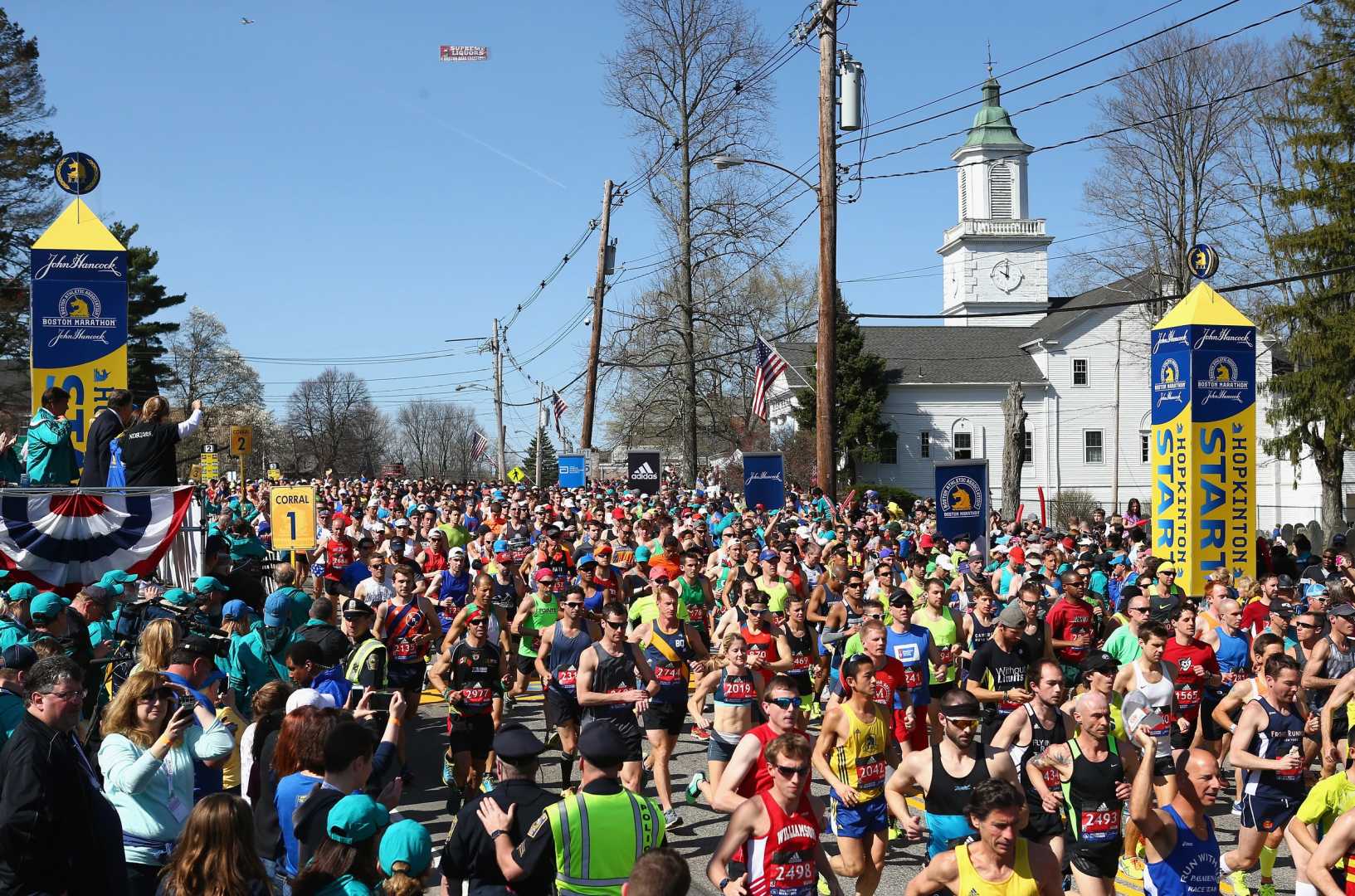Sports
Record Rejections Highlight Boston Marathon’s Increasingly Competitive Entry Process

BOSTON, Mass. — The Boston Marathon continues to be one of the most coveted races in the world, making entry increasingly difficult for hopeful participants. For the upcoming 2025 event, the Boston Athletic Association (BAA) rejected a record 12,324 applicants, despite many having qualified times.
In total, 36,393 applications were submitted for the race, which is scheduled for Monday, April 21, 2025. Runners had to finish at least six minutes and 51 seconds faster than their qualifying standard for their age and gender to secure a spot. For example, men aged 18-34, qualifying with a standard of 3 hours, needed to complete their runs in under 2:53:09.
“Boston Marathon qualifiers have trained thousands of miles with the hopes of lining up in Hopkinton on Patriots’ Day, ready to race towards the finish in Boston,” said Jack Fleming, President and CEO of the BAA. “Unfortunately, we’re unable to accept all athletes into the field,” he added, emphasizing the growing participation and speed within the sport.
The stringent cutoff time for 2025 represents an increase from last year’s 5-minute-29-second cutoff, solidifying it as the second-highest since 2014. This trend appears unlikely to change, as the BAA plans to reduce qualifying standards for the 2026 marathon by five minutes across all age and gender categories.
Runners strive to earn a bib for the Boston Marathon, a race known for its challenging course that includes rolling hills and a festive atmosphere. Competitive marathons such as the Chicago Marathon have now taken the lead as the top source of Boston qualifiers, with 2,407 runners qualifying there compared to 1,789 from Boston itself.
The Chicago Marathon is noted for its flat course and huge field, attracting more participants and facilitating faster finishing times. In contrast, the Boston Marathon has historically produced a diverse and competitive field, chosen from a range of entries from residents across the U.S. and 118 countries worldwide.
Fleming reiterated the difficulty of gaining entry, saying, “We want to recognize, thank, and applaud all whose goal was to be part of the 2025 event.”
As race day approaches, competitors are making final preparations. Training regimens include strengthening legs and building endurance to tackle the challenging terrain. Wheelchair racers are also gearing up, with 50 vying for glory in the race’s milestone 50th division.
The first wheelchair race at the Boston Marathon took place in 1975, thanks to the efforts of Bob Hall, who completed the course using a modified wheelchair. His achievement has led to a thriving sport that celebrates inclusivity and determination.
‘Racing on this 50th anniversary is incredible,’ said two-time Boston Marathon winner Daniel Romanchuk. As the event approaches, there is palpable excitement and camaraderie among participants, as they prepare for the unique challenges that the course presents.
Competitors know that Boston is unlike any other marathon, featuring distinctive hills that test even the most seasoned athletes. “I try to get out to Mount Airy, Maryland, for hill training,” Romanchuk stated, reflecting on how racers adapt their training to prepare for Boston’s unique demands.
Beyond physical conditioning, mental preparation is key, with athletes stressing the importance of maintaining focus and composure throughout the race. “You have to trust your body and mind,” Rainbow-Cooper explained, adding that marathons demand both physical and tactical strategy.
The demand for entry into the Boston Marathon remains high, and as applications continue to rise, the competition for the limited available spots is expected to intensify. For many runners, the journey towards this iconic race is as meaningful as crossing the finish line itself.












